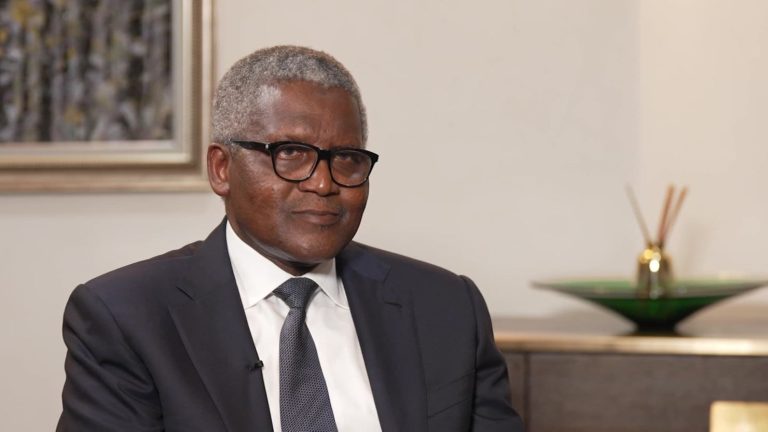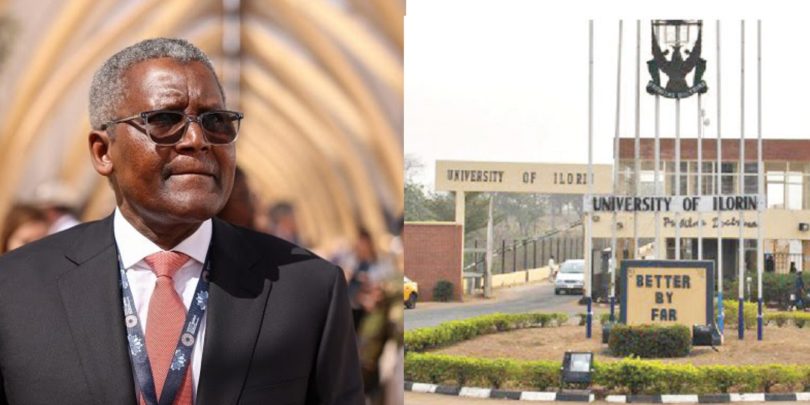Africa’s richest man, Alhaji Aliko Dangote, has taken on the full responsibility of funding a ₦1.1 billion student hostel project for the Ilorin Central Jumma’at Mosque at the University of Ilorin, Kwara State.
The 250-bed hostel, when completed, will not only serve students but also generate rental income to support the Mosque’s upkeep, marking a unique blend of education and faith-based investment.

Dangote steps in to fund project
The initiative was originally launched by the Ilorin Central Mosque to provide a sustainable income stream. At a press conference in Ilorin, the Mosque’s Board of Trustees Secretary, Alhaji Shehu AbdulGafar, confirmed that Dangote had formally communicated his decision to fully finance the hostel.
According to AbdulGafar, a Memorandum of Understanding has already been signed with the University of Ilorin. The agreement grants the Mosque rights to manage the hostel for 21 years before transferring ownership back to the institution.
This intervention is expected to ease the burden of funding while ensuring long-term sustainability for the Mosque.
Monthly donations to support the mosque
Beyond covering construction costs, Dangote has pledged a monthly donation of ₦5 million until the hostel project is completed. AbdulGafar revealed that the billionaire had already begun fulfilling this commitment last month.
He described the gesture as a demonstration of Dangote’s dedication to both education and religion, highlighting how it will strengthen the Mosque’s capacity to run efficiently.
The financial support is seen as a landmark contribution that blends philanthropy with practical investment in community development.
Boost for students and the community
Once completed, the hostel will provide modern, safe accommodation for students of the University of Ilorin, helping to reduce the shortage of hostel spaces on campus.
Community leaders and Mosque stakeholders have praised Dangote for his generosity, noting that the project will benefit both the Muslim Ummah and the wider student population.
They also expressed hope that the initiative will serve as a model for how religious institutions can collaborate with the private sector to deliver sustainable community projects.

